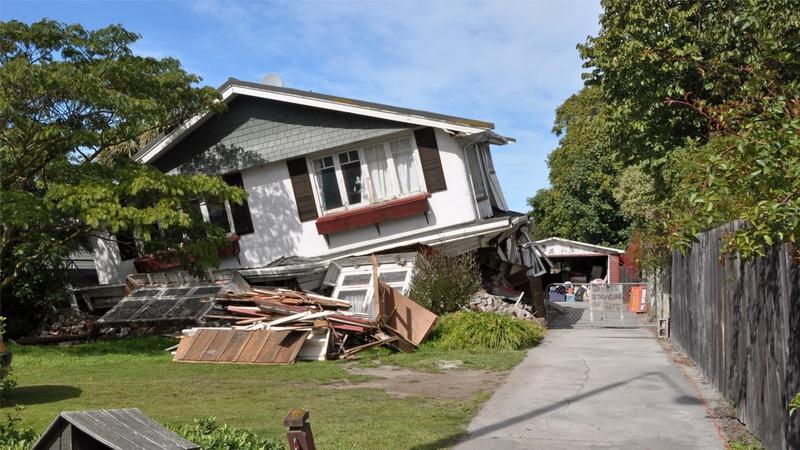Last week in Toronto, a house collapsed while workers were renovating the basement, killing a 19-year-old worker and injuring two others. This tragic accident is an unfortunate reminder that our houses are not invincible. Construction mishaps, severe winter weather, and other incidents can all cause a house to collapse, rendering it unlivable and often in need of rebuilding.
The cause of the Toronto house collapse is still being investigated, but building permits showed that the construction company was using a renovation technique called "underpinning." Underpinning usually refers to reinforcing an existing foundation, or digging out the basement foundation in order to increase the height of a basement.
The latter technique has become more frequent in Canada, and has resulted in other house collapses in the past. In Toronto, there have been two other underpinning-related house collapses since 2012.
This technique, underpinning, is actually quite common; however, it is subject to soil conditions and, contractors told the Toronto Star, human error. As such, dealing with collapses can be complicated when it comes to your home insurance.
Renovation House Collapse
Before you begin renovations on your home, you must speak with your home insurance provider as your policy will need to be changed to either a home under renovation policy or a builder’s risk policy. Both of these take into account the added risk of renovations, and as such you may pay a higher premium throughout the duration of your renos. If you begin renovations without advising your insurance provider first and something happens, you will not be covered—not for the cost of repairing your home nor for replacing your belongings. This is called a material change in risk and it voids your policy completely.
Now in the event of a collapse caused in some part by renovation, it becomes a legal matter, especially when somebody is injured or killed on your property. This is why you need to make sure you have liability insurance, and you must also ensure any workers on your property have commercial general liability insurance as well. Liability insurance will protect you if someone was injured or killed on your property as a result of the collapse. The court case will then rule who is liable for the collapse, a process that could take an extremely long time.
Meanwhile, your insurance company will cover the costs of a temporary residence, be it a hotel or otherwise, so that you have a place to stay right away. Depending on your provider, they may then write you a cheque so you can begin to get back on your feet, buy new clothes, and replace essential items. Your contents would be protected under your home insurance policy, but the accountability for the cost of repairing or rebuilding the house will depend on who is found liable for the damages in court. Your insurance company may also take measures to prevent additional damages from being done to your home in the meantime.
Winter Weather House Collapse
If your home were to collapse due to something as severe as crushing under the weight caused by ice, snow, or a falling tree, your insurance would typically cover damages—unless this was specifically excluded in your policy. However, they would take a number of variables into consideration before deciding if and how much to pay out. If it was proven you were negligent in maintaining your property or protecting your roof, and this was found to have contributed to the collapse, then your claim would likely be denied.
To learn more about ice storm damage and your home insurance coverage, click here.
As you can imagine, a house collapsing is a seriously complex matter and in the unlikely event that it happens to you, a call to your insurance company should be one of the first calls you make.
